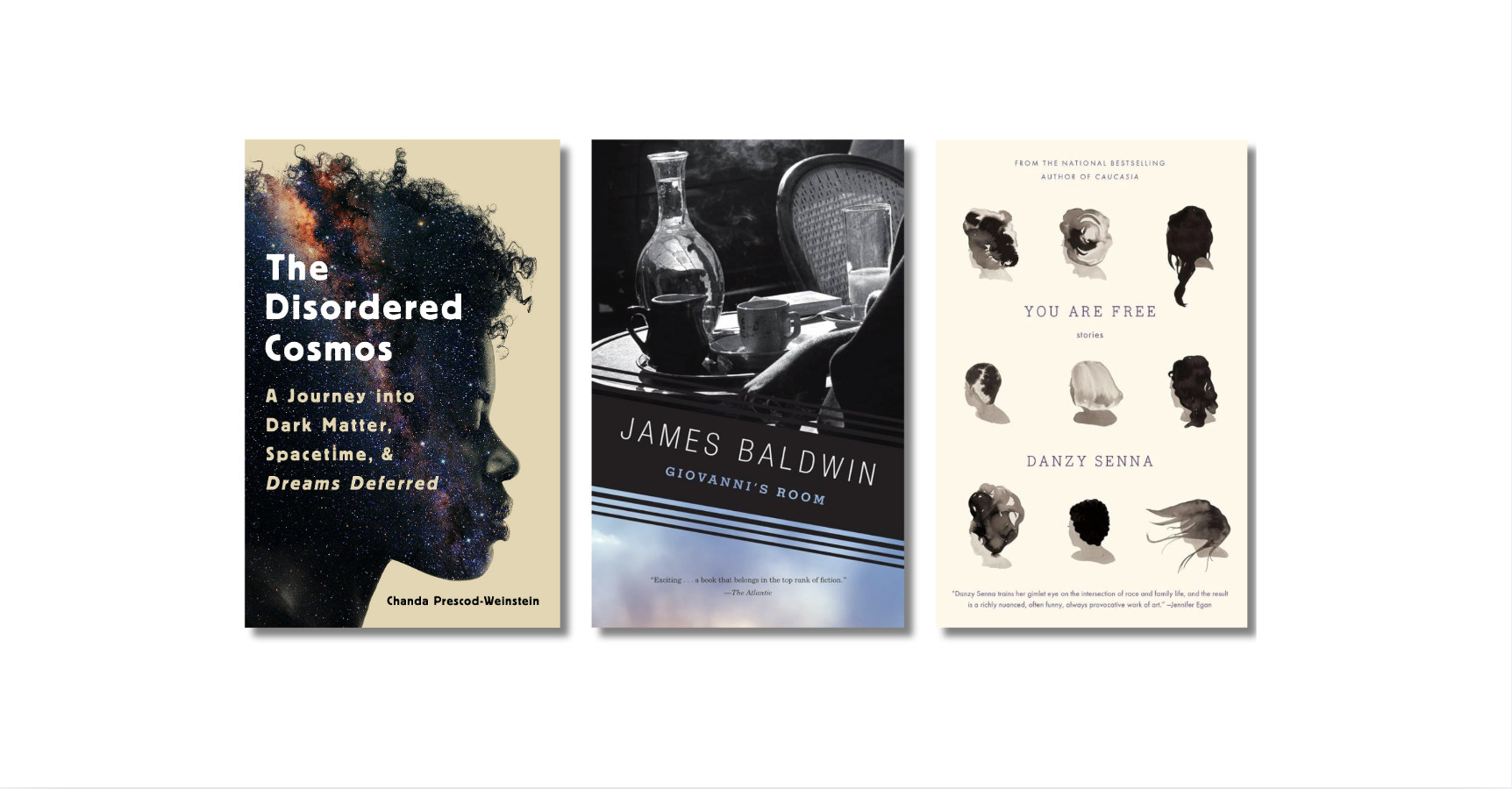A kind of antipodean counterpart to E.L. Doctorow (and now, like Doctorow, a resident of New York), the Australian novelist Peter Carey seems able to do virtually anything on the page. A master of plot, character, setting, phrasing, point-of-view, description, and dialogue (among other things), Carey has published sprawling bildungsromans and swift-moving capers, real travelogues and fake confessions, books for children and books for adults. Perhaps his greatest achievement, The True History of the Kelly Gang, is a Down Under Western filtered through the richly impoverished word-hoard of an uneducated outlaw. Like all of Carey’s works, it boasts a narrative brio few writers can sustain.
 In his new novel, His Illegal Self, Carey turns (as Doctorow did in Billy Bathgate) to a neglected genre: the boy’s adventure story. In trenchant, gorgeous chapters, we follow seven-year-old Che Selkirk, the abandoned son of Sixties radicals, as he goes on the lam with a woman who seems vaguely familiar. Their flight takes them west across America, and eventually to the Australian outback (even as the narrative backtracks to the events that drove them to flee).
In his new novel, His Illegal Self, Carey turns (as Doctorow did in Billy Bathgate) to a neglected genre: the boy’s adventure story. In trenchant, gorgeous chapters, we follow seven-year-old Che Selkirk, the abandoned son of Sixties radicals, as he goes on the lam with a woman who seems vaguely familiar. Their flight takes them west across America, and eventually to the Australian outback (even as the narrative backtracks to the events that drove them to flee).
Carey is one of contemporary literature’s great describers, and the picaresque mode allows him to indulge his lyrical gifts. At Kenoza Lake in upstate New York, we are told, “The geese would be heading up to Canada and the Boeings spinning their white contrails across the cold blue sky – loneliness and hope, expanding like paper flowers in water.” Australia, by contrast, is a vision of fecundity:
A big tree had fallen, its clay- and pebble-crusted roots naked in the air like dried-out innards. The trunk, which made a bridge between the flood bank and the low bank, was about as big across as a man is tall and he soon found a place, just below the disturbed earth, where you could jump down onto its broad back, like the back of an elephant or a slippery seal, and he walked along it, with the kitten now meowing softly, down to the place where the timber splintered and smashed and speared into the earth.
Almost Biblically aggregative, such sentences alone might carry us through fifty pages or more. But Carey is after larger game. The novel’s driving ambition is the evocation of innocence and experience, of the attachments and eventual heartbreaks that characterize both childhood and the 1960s. Which is to say, His Illegal Self rises and falls on the relationship between Che and Dial (and their relationship with one of the eccentrics they, like Huck and Jim, fall in with).
Carey can deliver a supporting character with Dickensian brilliance; a few lines are sufficient to capture both the comedy and the pathos of Che’s Grandma Selkirk, for example, or of his erstwhile neighbor Cameron. (“He sat in ski socks before the electric radiator, spreading the skin condition that he hoped would save him from Vietnam.”) Yet the novel’s depiction of its two most central people sometimes stumbles. And so our emotional investment in them – and even our understanding of the plot – wavers, as though we are reading by candlelight.
This flickering quality arises from the formal challenge the novelist has set for himself here. Although a few asides lead us to believe that Che, our third-person protagonist, is remembering his childhood from some point in the future, Carey elects to narrate in virtually unbroken “free indirect style,” foregoing interpretation by the author. The choice makes aesthetic and dramatic sense – aesthetically, it brings us close to the exotic intellect of the seven-year-old, and dramatically it allows Carey to withhold certain pieces of information without seeming coy.
It also gives Carey license to practice and perfect a technique for which the Russian formalist critic Viktor Shklovsky coined the term ostranenie (often translated as “defamiliarization.”) Ostranenie involves trying to present a fictional object as it appears to consciousness, rather than trying to explain it for the benefit of the reader. The aim is the (illusory) overthrow of the mediating tyranny of the author. Here, for example, is a hotel, seen through Che’s eyes:
Then they walked along green corridors with long tubes of light above, and the sounds of TVs applauding from the rooms. Dial’s face was green in the hallway, then dark and shrunken inside the room.
It is defamiliarization that gives these sentences their beauty and their strangeness. In their almost erotic attention to sensory detail, they also capture a quality of consciousness peculiar to children. (A former elementary school teacher, I can testify that it’s not uncommon for kids to have 20/10 vision; as noticers, children make Saul Bellow’s heroes look positively obtuse.)
Yet an overreliance on defamiliarization is also the novel’s chief weakness. We may sense in the passage quoted above that Dial has become momentarily frightening, but can only guess how, or why. Carey’s emphasis on the external places us emotionally further away from Che than we ever are from Huck Finn, muddying the stakes of the novel. In a way, the extremes to which Carey pushes ostranenie could be said to proceed from false assumptions about consciousness – to underestimate the degree to which seven-year-olds do interpret and make sense of their worlds. And defamiliarization is like any other figure of speech. To be profligate with it is to deprive it of its power to discriminate among objects in the fictional world.
Then again, Che’s failures of apprehension help drive the adventure forward, and when the emotional center of the novel precipitates out of the stream of images, about two-thirds of the way through – when, that is, Che has something to lose – the candle by which we’ve been reading flares up, and begins to give off a brighter light.
Still, one does wish for some moderation of style of the middle third of the book. However breathtaking the writing, His Illegal Self, falls short of a goal attainable to Peter Carey and to few other novelists: the creation of consciousness. Fans of Carey, of the English declarative sentence, and of books that end with a bang rather than a whimper, are encouraged to pick up His Illegal Self. But they should expect a transcendent amuse-bouche rather than a well-balanced meal – a book more likely to arouse appetites than to slake them.








